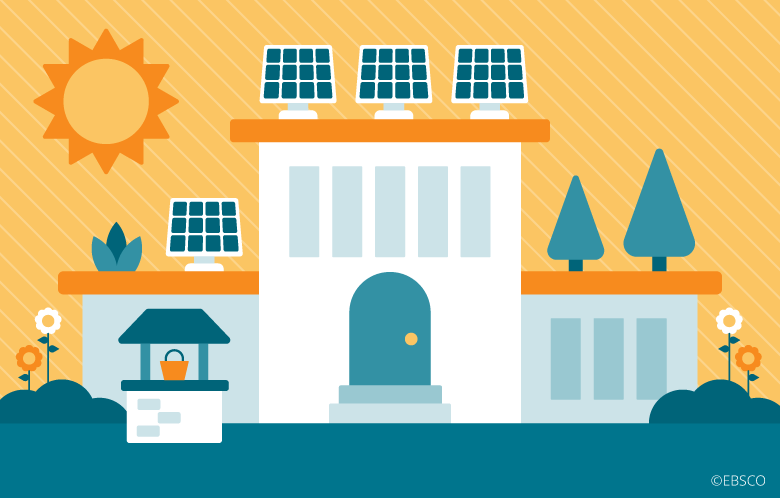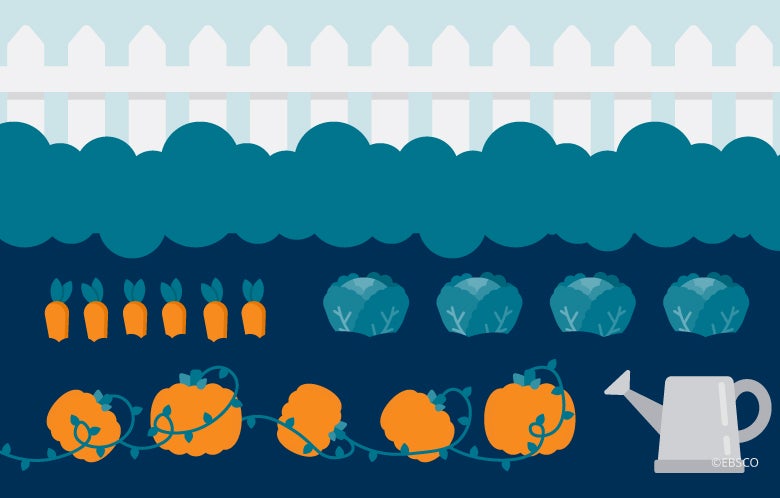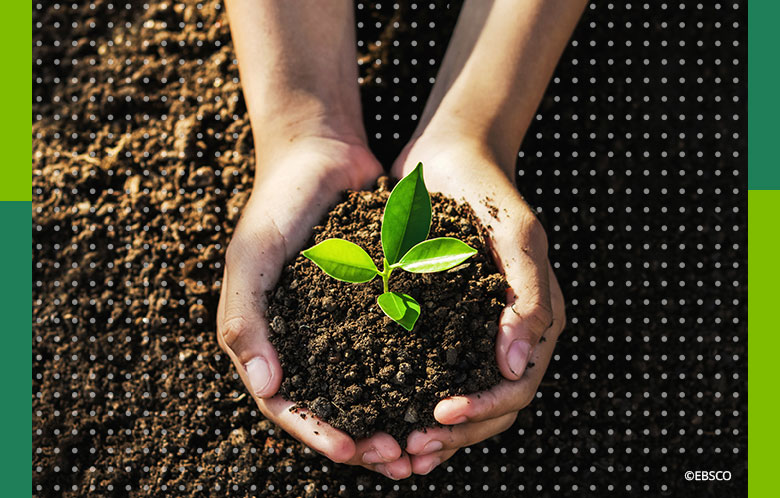Many libraries around the world have committed to supporting and addressing the United Nations’ Sustainable Development Goals (SDGs). The International Federation of Library Associations (IFLA) maintains a Library Map of the World featuring stories that demonstrate how libraries and access to information contribute to improved outcomes across all SDGs.
In this blog post, the last in our series, we look specifically at how libraries are addressing SDGs related to clean water and energy, responsible consumption and production, climate action and environmental protection: Goals 6, 7, 12, 13, 14 and 15.
Green Libraries
Saumya Gupta of the University of Delhi asserts that libraries can act as exemplars for sustainability. She writes, “Libraries of the 21st century have the potential to play the leadership role and address the issue of environmental sustainability by developing green libraries.”
In addition to airtight construction and efficient air ventilation systems, green building design initiatives include rooftop gardens, tree plantation, and the use of LED lights and solar power. Many libraries are also taking measures to reduce paper waste.
Water Conservation and Sanitation
Boasting a rooftop pollinator garden and an innovative rainwater harvesting system, Austin Central Library in Texas serves as a model for sustainability. The library building collects both rainwater and the water that drips off its air conditioning systems and uses it to irrigate the library’s lawns and gardens outside and flush its toilets and urinals inside.
In other parts of the world, libraries are taking an active role in bringing clean water to their communities. In 2017, the Public Library at Bilicenii Vechi in Moldova launched a campaign to restore an artesian well that would bring clean drinking water to a local kindergarten. Librarians raised awareness and rallied the community to support the project. “That year, the well was successfully renovated giving 120-150 kindergarten children access to clean water and improved sanitary conditions,” a spokesperson for the library wrote. “Children can now wash their hands in running water and maintain good hygiene practices.”
Renewable Energy
Solar power is the cleanest and most abundant energy source available. EBSCO Information Services, to reduce its own carbon footprint, has installed three photovoltaic arrays of more than 500 solar panels at its Ipswich, Massachusetts, campus. In 2016, EBSCO awarded its first EBSCO Solar grant to Austin Community College District’s Highland Learning Center (HLC) Campus Library. Since then, EBSCO has awarded 17 other libraries with an EBSCO Solar grant.
The Indian Trails Public Library District, a 2017 EBSCO Solar grant winner, had 60 panels installed on the roof of the library’s main building in September 2018. Located in Wheeling, Illinois, the library had already renovated its main location to include a geothermal HVAC system, natural gas water heaters and LED lighting.
"Receiving the [EBSCO Solar] grant was a bonus for our library and our community," said Brian Shepard, the library's executive director. "We made a commitment to a more energy efficient and sustainable building during our design phase, and the solar panels are the icing on the cake."
Responsible Consumption and Production
After the University College Cork (UCC) in Ireland learned that its library was a top energy consumer, library leaders launched a Love Our Library sustainability campaign. The goals were to reduce energy consumption, increase recycling rates, reduce waste and promote good environmental behaviors among students, faculty and staff. To achieve these goals, the UCC Library rebalanced its air ventilation and heating systems, reduced building operating times, and shut lights off in low occupancy areas during the summer months. In addition, it banned single-use cups, sold bamboo mugs and sugar cane bottles, and encouraged students to refill their own water bottles using a newly restored water fountain. In three years, these measures saved more than 1 million kilowatts of electricity and €65,000 (the equivalent of more than $73,000 USD). These savings went toward the purchase of an electric van and two e-bikes for more eco-friendly staff transport.
Educational initiatives focused on responsible consumption and production have been launched in the Ukraine and Croatia. Lviv Regional Children’s Library launched a Garbage Hero education project to educate Ukrainian children and their parents about recycling and repurposing waste materials. In Croatia, the Faculty of Humanities and Social Sciences Library in Zagreb started the Green Library Project, which promotes eco-friendly practices through “greentivities” — thematic exhibitions, lectures, workshops and demonstrations.
Environmental Conservation
Librarians are also spearheading environmental improvement projects and educational programs about climate change. In 2019, the Costa Rican Association of Librarians launched a social responsibility program that included a beach cleanup and the planting of 250 native trees in San Jose’s Sabana Metropolitan Park. In Ecuador, travelling libraries are helping to increase conservation literacy and awareness in the Galapagos Islands.
According to Patricia “Patty” M. Wong, president of the American Library Association, libraries can play a key role in preparing their communities for the impact of climate change. In a November 2021 article for American Libraries, Wong writes, “Libraries are perfectly positioned to help cocreate community resilience, both by modeling good choices and convening events that help people come to terms with the realities of climate change so that we can all work together to plan for the future.”
Library Resources
Libraries are equipped to aid research across all 17 SDGs. In fact, Valencia College built a noteworthy UN Sustainable Development Goals LibGuide curating resources that support SDG research.
For those looking to add digital reference materials that support research focused specifically on sustainability and environmental conservation, EBSCO offers the following high-quality databases:
- Environment Complete provides full text for hundreds of top environmental journals covering ecosystem ecology, energy, environmental policy, sustainability and other related subjects.
- Energy & Power Source contains full-text journals and magazines focused on petroleum, natural gas, electric power, coal, nuclear power and renewable energy. The database also features benchmarks and best practices from top industry players worldwide.
- GreenFILE contains scholarly, government and general-interest titles covering global warming, pollution, sustainable agriculture, renewable energy, recycling and all aspects of human impact to the environment. It includes open-access full text for more than 15,800 records.
- Science Reference Center is designed to support teaching and learning in high school science classrooms. It includes full-text science magazines, journals, reference books, science videos and a vast image collection. Teachers will also find more than 2,500 lesson plans on a wide range of topics, including climate change, pollution and environmental sustainability.
- Sustainability Reference Center covers all aspects of sustainability, including environmental stewardship, corporate social responsibility and federal, state and local regulations. It includes full text journals, magazines, books and trade publications, expert analyses and more.
To further support research in these areas, EBSCO also offers several relevant bibliographic databases, including:



